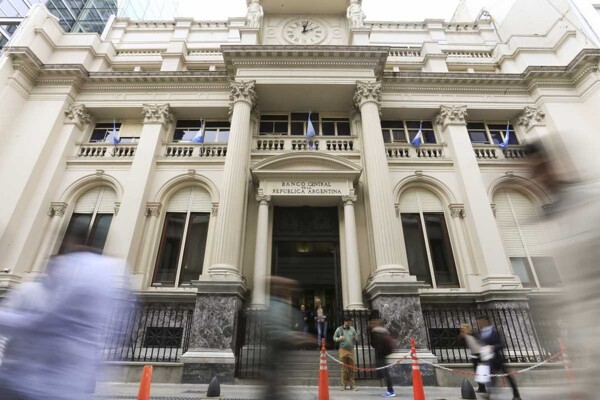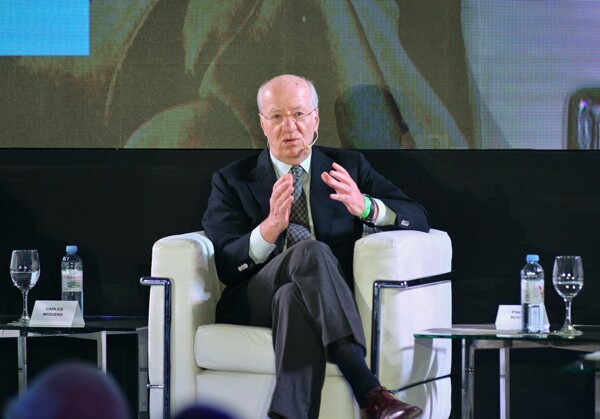
Young people in large cities who study and/or work are redefining the traditional notion of security that used to be associated with the ability to acquire a home, buy a new car, or cling to a job despite anything that might limit their desire to travel and explore new places. Nowadays, in an increasingly interconnected and conditioned world, static obligations are seen as a barrier, especially in this new era of sustainable mobility.
According to the Argentine Social Debt Observatory, nearly 13 million millennials are in the country. Four out of ten young people aged 18 to 24 are or have been linked to higher education, with 2.9% entering and dropping out, 35.2% continuing their studies, and 2.8% completing them successfully. This dynamic has led many young people born between 1981 and 1996 in metropolitan areas to opt for renting homes or continuing to live with their parents instead of committing to long mortgage plans that tie them to a specific place.
For those who decide to emancipate, long-term financing options represent an attractive alternative, although it requires initial savings or family support to take the first step. Comparatively, data shows that the initial requirements for purchasing a used apartment are significantly higher than the average monthly rents of similar properties.
Regarding the rental market, there has been a significant increase in the supply of properties in the City of Buenos Aires compared to previous years. This growth is not only related to the demand for permanent housing but also to investment in properties to be rented for income or change.
Young people, especially millennials and Generation Z, are also changing their approach to mobility and transportation. More and more people prefer to use vehicle rental platforms instead of owning one, providing them with flexibility and fitting their changing lifestyles. These trends reflect a shift towards a model of collaborative and sustainable economy, where sharing resources becomes essential to reduce carbon emissions and urban congestion.














